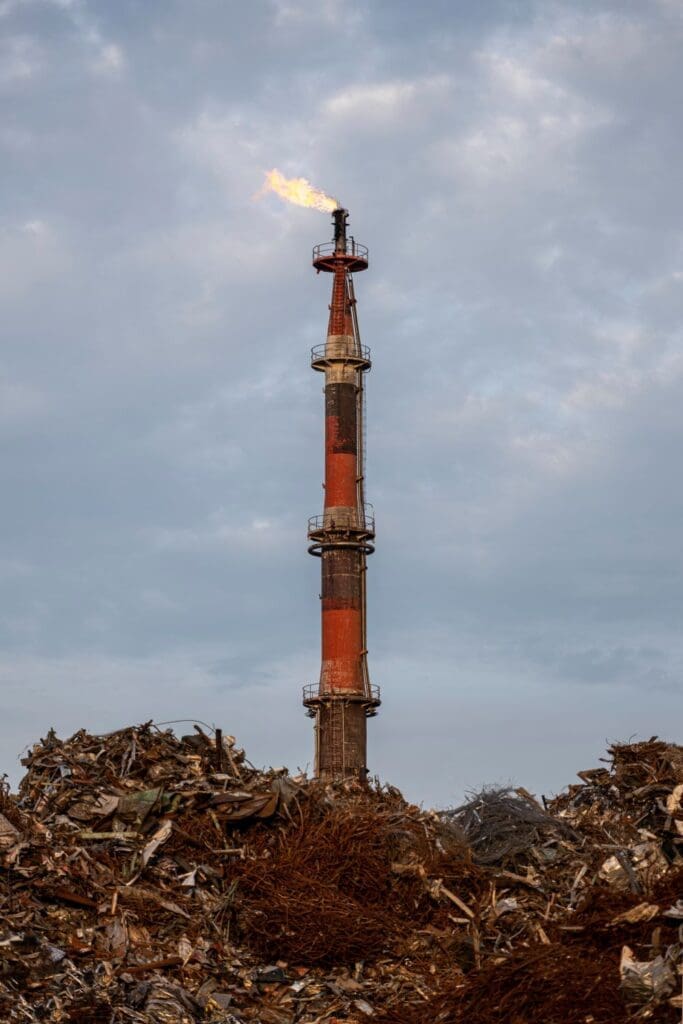In a bold move to address the pressing climate crisis, the European Union’s Science Advisory Board on Climate Change has recommended an aggressive reduction of greenhouse gas emissions by 90%–95% by 2040 compared to 1990 levels. The urgency stems from the current record-breaking warmth experienced globally, possibly marking the warmest year in human history.
The Climate Advisory Board emphasizes the need to limit global warming to 1.5°C, as exceeding this threshold could result in catastrophic consequences. The world has already witnessed the impact of climate change, with warm oceans contributing to historic floods in various regions, devastating forest fires, and instances of heat-related casualties.
To adhere to the Paris Agreement’s 1.5°C target, the EU and Norway must swiftly phase out fossil fuels and implement radical emission reductions. The Board acknowledges the global responsibility to address the crisis and emphasizes the importance of fair distribution of the carbon budget among the world’s inhabitants.
Despite the EU’s commitment to reducing emissions, the pace has not been fast enough. The EU Climate Law of 2021 aims for a 55% reduction by 2030, but the EU achieved only 32% by 2021, while Norway lagged significantly at just 4%. The Board underscores the need for stronger action to meet the targets set by the Paris Agreement.
The Board’s proposals include a target for 2040 and an emissions budget for 2030–2050. Emphasizing fairness, the Board suggests that historical emissions should be considered in determining each country’s share of the emission budget. Rich countries and China, having surpassed their allocated emissions, must rapidly reduce to zero, with subsequent plans for carbon removal.


Recognizing the difficulty of achieving a 90%–95% reduction by 2040, the Board points out the necessity of tough measures to prevent exceeding the 1.5°C threshold. Various scenarios have been analyzed, highlighting the importance of phasing out fossil energy sources, expanding renewable energy, reducing meat consumption, and promoting electrification of energy use.
The proposed scenarios, including the demand focus scenario, high-renewable scenario, and multiple option scenario, present different pathways to achieve the 1.5°C target. All scenarios involve a radical shift in energy consumption, renewable energy development, and the adoption of technologies like nuclear power, carbon capture and storage, and hydrogen.
The Board emphasizes that only stringent measures will halt emissions, and while the EU is making progress, faster and more robust action is needed. As the world grapples with the consequences of the climate crisis, the urgency to curb emissions is paramount to mitigate the potential impacts, including refugee flows, floods, and heatwaves.
The proposals put forward by the EU’s Science Advisory Board highlight the need for global cooperation and immediate action to address the climate crisis and ensure a sustainable future for generations to come.
Source: The European Scientific Advisory Board on Climate Change
Featured image credit: Freepik




